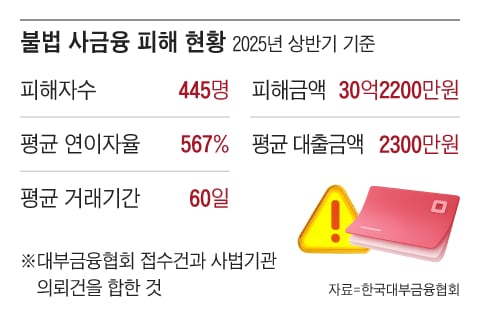More than 3,800 years ago, the ancient Babylonian "Code of Hammurabi" contained rules regarding interest rates on loans. Written i...
More than 3,800 years ago, the ancient Babylonian "Code of Hammurabi" contained rules regarding interest rates on loans. Written in cuneiform script on a basalt monument, the document states that the highest annual interest rate for silver loans was 20%, whereas barley loans had an annual rate of 33.33%. A study of clay tablets from the ancient city of Ur during this time reveals a record of borrowing 500g of silver at an annual rate of 3.78% to construct a bakery, as mentioned in William Goetzmann, a professor at Yale University, in his book *History of Finance*. In contrast to silver, barley was often borrowed by impoverished farmers during periods of food scarcity and was repaid following the harvest, creating a significant risk of non-repayment if the crops did not succeed. Although it was not a market-based economy, the concept of charging higher interest for riskier loans was already evident.

However, President Lee Jae-myung has consistently advocated for changing market principles, asserting that "the high interest rates on loans with a high risk of default are the issue." During a September Cabinet meeting, he noted, "Low-interest, long-term, large-scale loans are given to those with high creditworthiness, while individuals with low credit receive high-interest, small, short-term loans," and added, "the financial sector appears to be the most harsh area." He also directed, "Develop strategies to reduce loan rates for those with low credit by increasing the interest burden on high-credit borrowers." At a senior advisory meeting on the 13th of this month, he asked, "Hasn't the current financial system evolved into a financial class system where the poor are compelled to pay excessively high interest?"
The president’s remarks can be understood as stemming from good intentions to prevent “predatory loans” that exploit vulnerable groups. Predatory loans are made under unsustainable conditions, with lenders aggressively collecting principal and interest. Illegal private lenders often exceed the legal maximum annual interest rate of 20% by adding fees, sometimes demanding rates over 500%. Thus, the president’s principle of “suppressing the strong and aiding the weak (抑强扶弱)” is relatable.

Yet, history is filled with numerous examples where good-natured policies disrupted economies and made life more difficult for everyday citizens. The Moon Jae-in government's "income-driven growth" strategy, which argued "wages should be high and interest rates low," created challenges for small business owners and led to rising housing costs, taking away the chance of home ownership from the less fortunate.
Interest rates essentially represent the cost of money. Managing them is a type of price regulation. In *Mankiw’s Economics*, Gregory Mankiw, a professor at Harvard University and a well-known writer of economics textbooks, discussed how good-intentioned price controls can harm economies, noting, “Apart from bombing, the quickest way to ruin a city is through rent control.” Rent control, a policy frequently suggested by politicians to assist low-income renters facing increasing monthly costs, causes landlords to slowly decrease the availability of housing. As the demand for rentals increases, persistent shortages develop in the market. Landlords then start choosing tenants based on non-monetary factors such as relationships or educational background, sometimes even requesting informal payments.
Interest rate regulations could lead to comparable results. Financial institutions might impose stricter lending standards, making it more difficult for regular individuals to obtain loans, which could drive them to seek out illegal private loans—precisely the "predatory loans" that the policy intends to eradicate. Solely enforcing severe penalties will not address this issue. Even in the time of the Code of Hammurabi, which enforced strict "eye for an eye" punishments, lenders found ways around annual interest rate limits by imposing steep rates on a daily or monthly basis.
Compelling financial institutions to regulate interest rates in opposition to market laws, under the pretense of safeguarding the vulnerable, may lead to reduced availability of loans for regular citizens. The appropriate method for those genuinely in need is not to provide them with loans, but to assist them via social welfare programs.



